We’d say, “It can only get better from here,” but for this former fan favorite, you really just never know…
Most companies this year did a great job of conveying their message, even through a dense forest of monetization practices, and delivering the products that fans wanted. However, every year there is that company that loses the respect of a majority of its fan base, with blunder after blunder around its ideas or practices.
Blizzard comes to mind, with its botched Diablo Immortal mobile launch last year, as well as its stance on the Hong Kong protests earlier this year. But after this year’s Blizzcon, it seemingly won back many fans by announcing a dark, gritty, proper Diablo sequel for PC, Diablo IV, and by apologizing for the way it handled the Hong Kong situation. Add in the release of World of Warcraft Classic, and the upcoming Overwatch sequel, and Blizzard is (mostly) back in good graces with fans.
But for another major player in the gaming scene, forgiveness didn’t come quite as easily. A botched game launch late last year, followed by increasingly greedy monetization practices across multiple titles, delays of key content, and a general tendency to repeatedly shoot itself in the proverbial foot has placed one company above—or is it below?—all the rest. Indeed, for all of 2019, there was no better example of a bad company than Bethesda.
War Never Changes
Bethesda had a very long, very rough 2019. Most of its troubles began in late 2018, alongside the release of Fallout 76. To say the game was disappointing is an understatement. Reviews claimed it lacked character and substance. There was the canvas bag fiasco. A DLC roadmap supplied by Bethesda looked to be packed with content, but when it arrived, most of it was as empty as the base game, if not downright broken. Bugs abound, hackers run free, dupe method after dupe method plagues the economy to this day, and ban waves, when they do come, seem to target all the wrong people.

All of that isn’t even the worst of it, though. Bethesda announced the Wastelanders DLC earlier this year, a supposed soft-reset of Fallout 76 that would push time forward by a year and add a few sorely missing storytelling features—namely human NPCs and dialogue choices—to the otherwise narratively drab title. Unfortunately (or perhaps fortunately, depending on the state it was actually in behind the scenes), Bethesda delayed the DLC into 2020. But that didn’t stop them from making the biggest blunder of the year: the Fallout First subscription service.
Just a week after revealing the delay of 76‘s most promising DLC, Bethesda unveiled a new subscription plan. That’s right, they asked players to pay to wait. For $12.99 a month, or $99.99 a year, Bethesda will grace you with the option to drop more money into a game you already paid for, in exchange for private servers, unlimited scrap storage, and a monthly allowance of the real-world-money currency, Atoms.
Those who did sign up for the service were greeted with reused “private” servers, full of dead-and-looted NPCs, like walking in on a finished party you missed out on (hey, kind of like the opening of the game). To top it off, the upgraded scrap storage was less unlimited and more, well, nonexistent—a bug deleted it all for some players.
It Just Works
While Fallout 76 actually released in 2018 (but mostly lived in 2019), Bethesda’s actual new releases in 2019 were nothing special either.
Rage 2 is a mediocre sequel for an original game that didn’t exactly light the world on fire. User reviews on Metacritic for the game hover around the 5.5 range.
Wolfenstein: Youngblood released in the summertime this year and was supposed to build off of the success that 2017’s Wolfenstein II created. But it didn’t take. Metacritic’s user reviews had the highest rating for the game’s Nintendo Switch version at 3.6. Every other version of the game was below 3 out of 10.
For two games that were sorely needed to reignite excitement in their respective series, both fell flat. Elder Scrolls Online received a new expansion, called Elsweyr, that was received positively, which is great for ESO fans, but everything else that released failed.

Bethesda’s Hail Mary pass for 2019, a sequel to 2016’s hit DOOM reboot, DOOM Eternal, perhaps could have saved the overall negative feeling, but unfortunately for both Bethesda and eager demon-hunting fans, it was delayed to March 2020, further demonstrating how much of a down year the company has had.
And let’s not even get into the Creation Club, a frowned-upon-by-fans attempt at paid mods that’s further trying to monetize old games like Fallout 4 and Skyrim. If not for thriving, community-led, free modding scenes, both those games and even older ones would have been long dead.
Something to Look Forward To… Or Not
E3 this year wasn’t generally great for Bethesda either. There was a very apparent lack of quality games shown off. Outside of DOOM Eternal, there was only one game discussed at the Bethesda E3 Conference that sparked intrigue. Ghostwire: Tokyo was revealed with an eerie trailer that built-up excitement. The game is made by a team led by Shinji Mikami, known for his work on the Resident Evil franchise.

During the E3 announcement, Mikami introduced his protégé, Ikumi Nakamura, who would be the main creative lead on the project. From her short introduction, the gaming industry fell in love with her. Her segment was probably the best moment of E3 2019 (well, outside of Keanu Reeves appearing in Cyberpunk 2077). Of course, with Bethesda’s luck this year, Nakamura announced she was leaving the project in September, just months after Ghostwire’s announcement, with no reason given.
Bethesda had nothing short of a disaster year in 2019, an entire year of consecutive controversy. From their mishandling of public outcry to the disappointing releases and delays of exciting projects, it is surely the worst company of the year.
The future could still be bright for Bethesda, though. DOOM Eternal was delayed to March 2020, but everything with the game so far looks brilliant, and it could end up potentially being a contender for Game of the Year. In the distant future, The Elder Scrolls VI and Starfield, two very highly anticipated games already confirmed to be in development, will release, and each has the potential to change everything.
Hopefully, the company can begin making steps toward winning back its fans in 2020 by returning to its roots of quality game releases and installing monetary practices that enhance instead of hinder.
For more of our Year in Review 2019 series, head to our hub page.

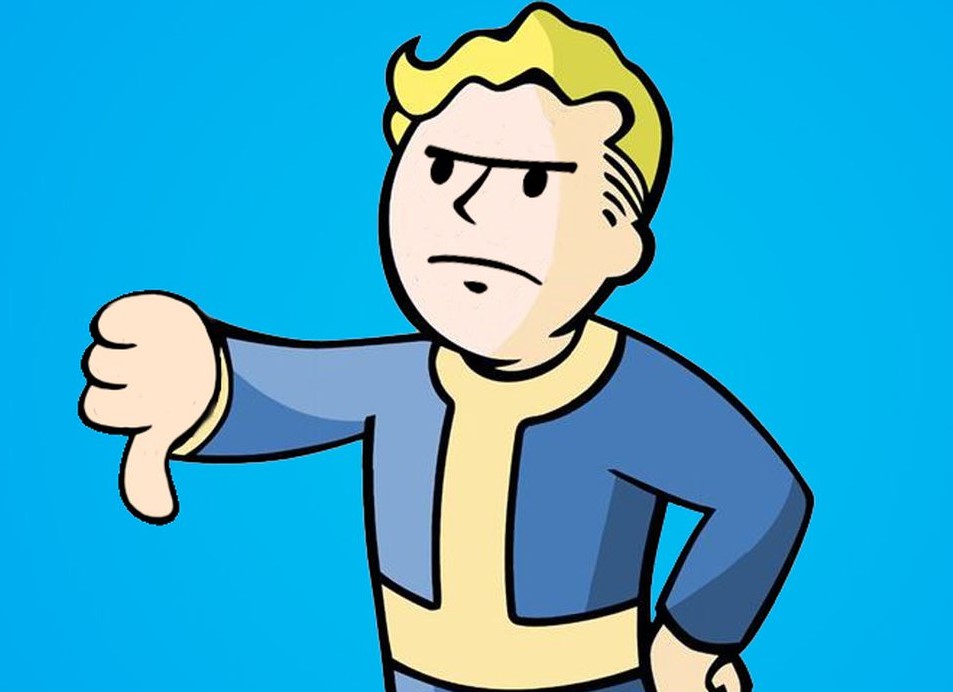
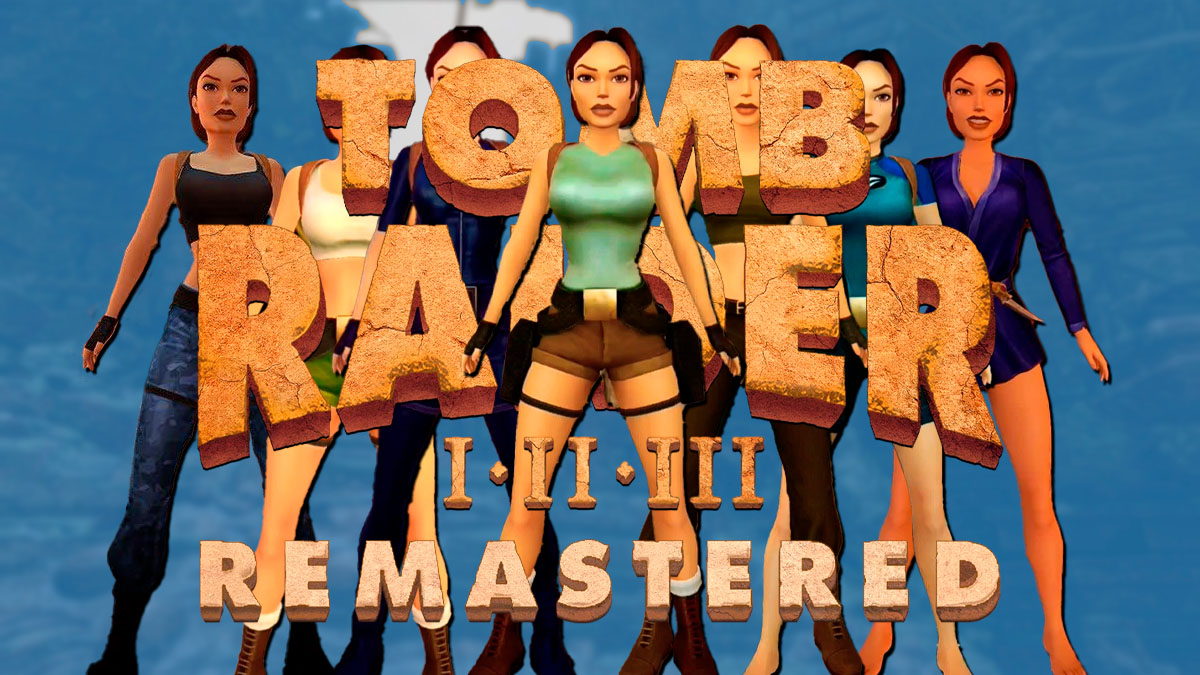
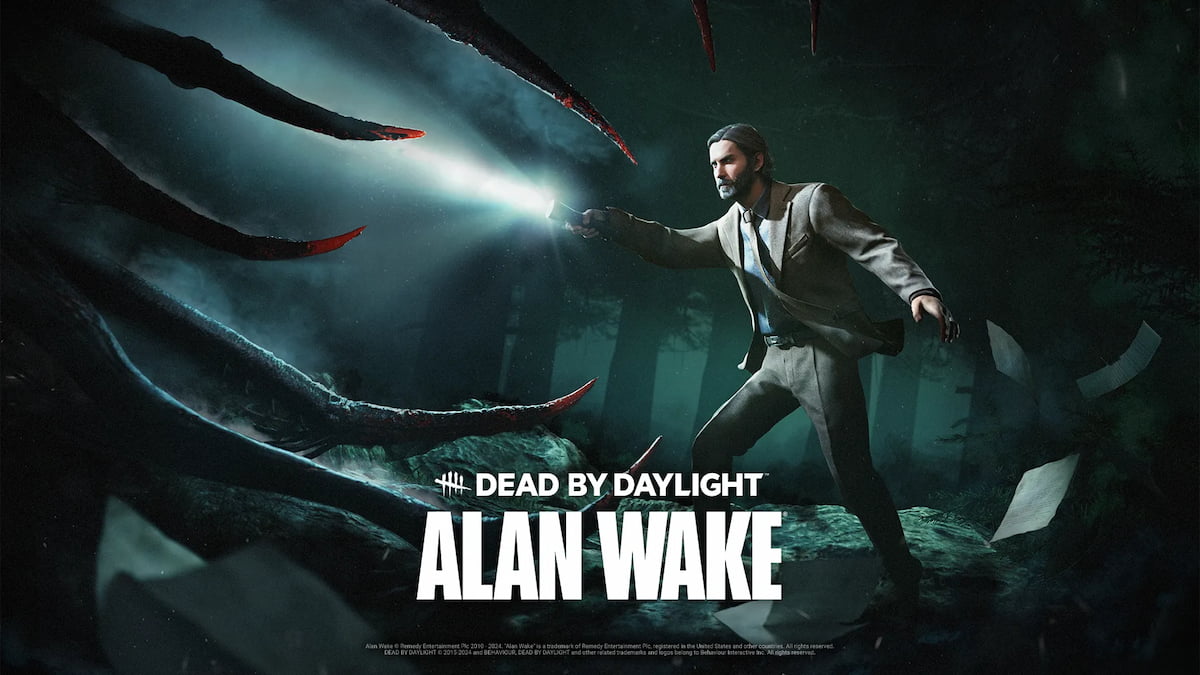
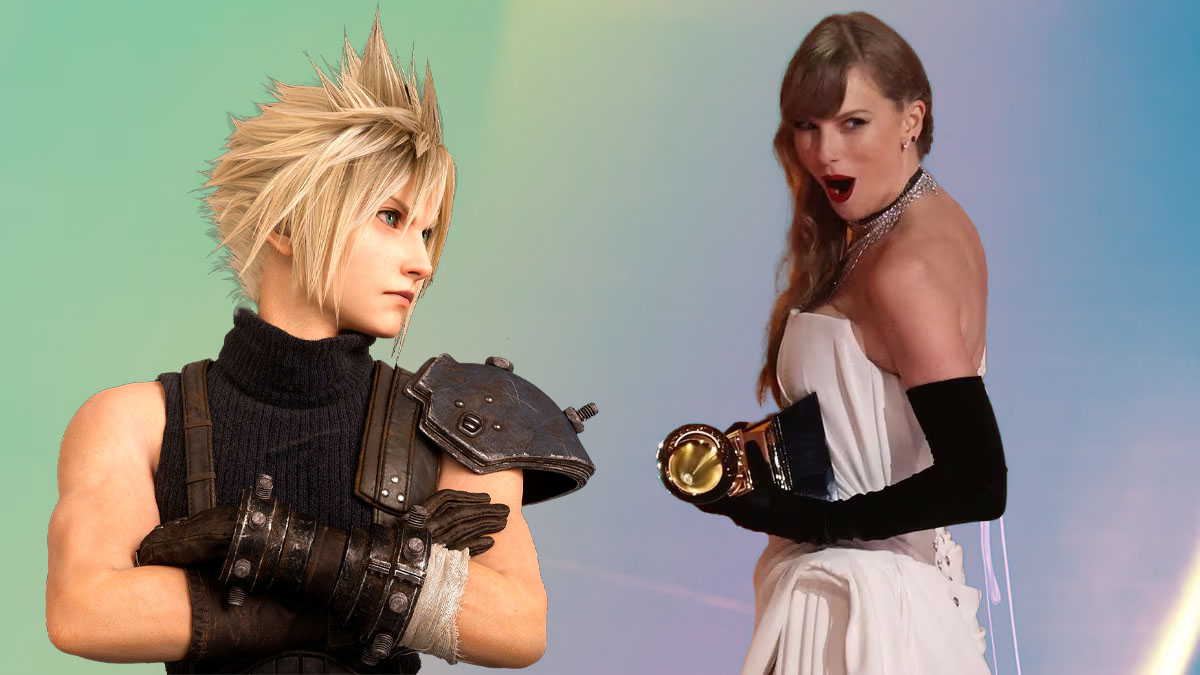

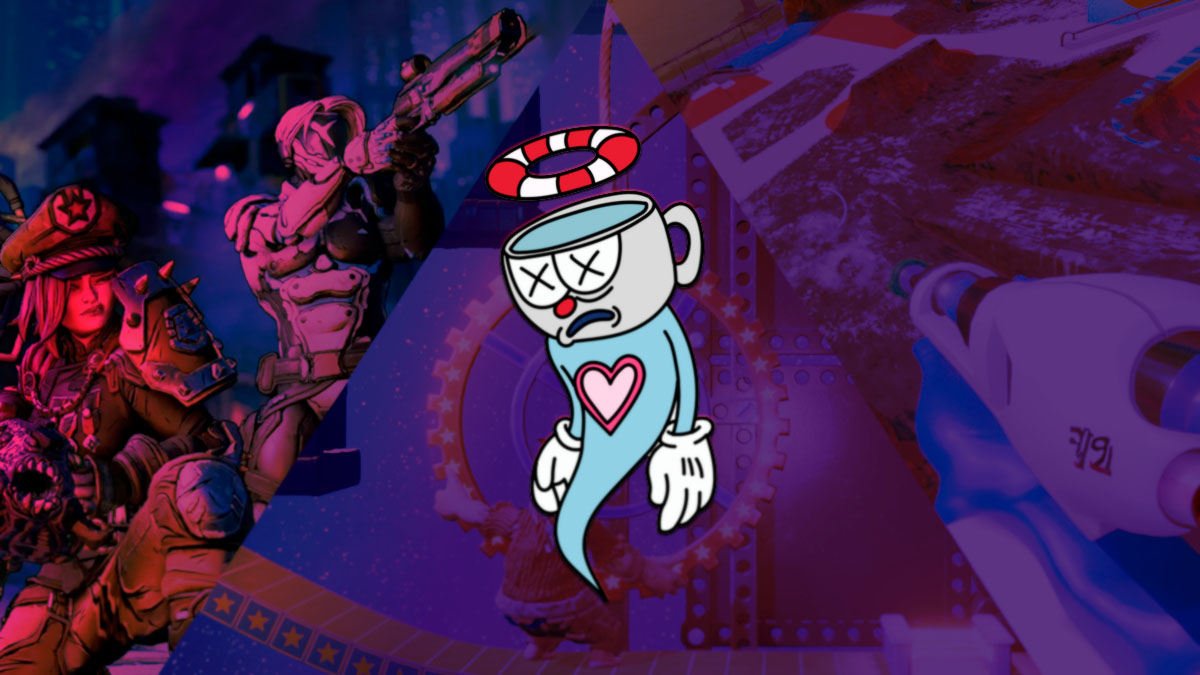
Published: Dec 19, 2019 2:00 AM UTC